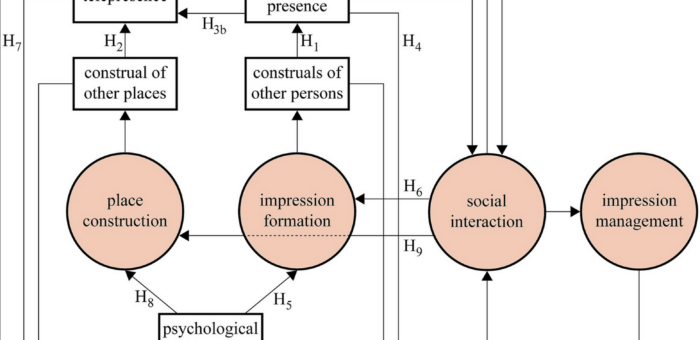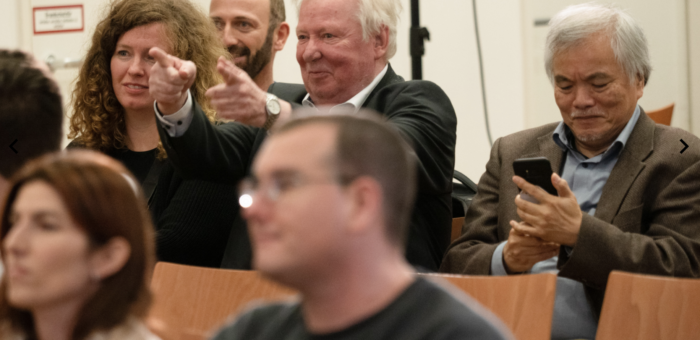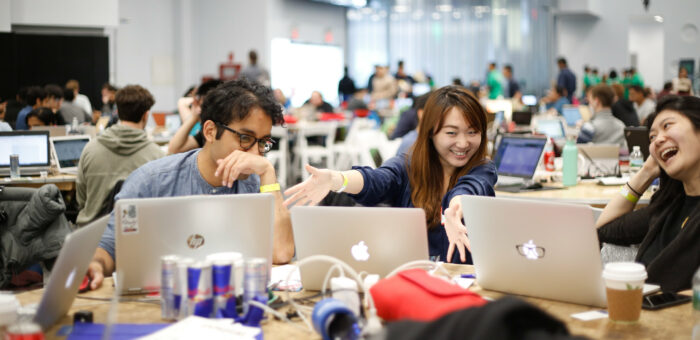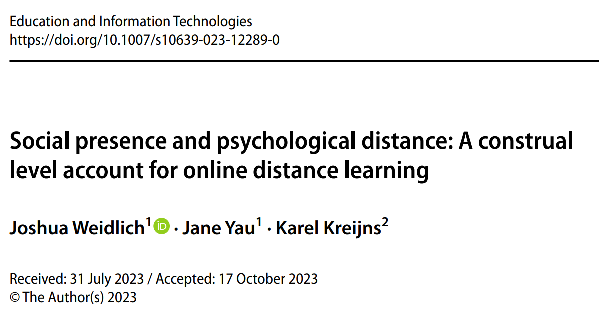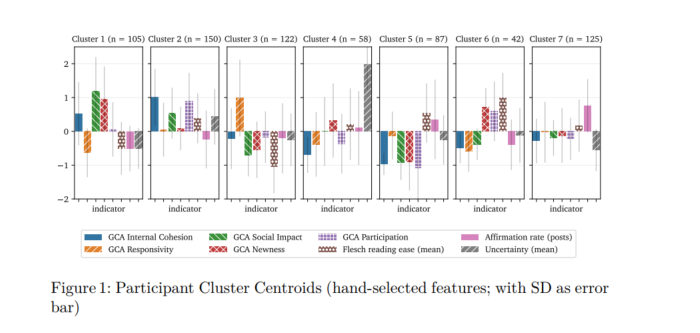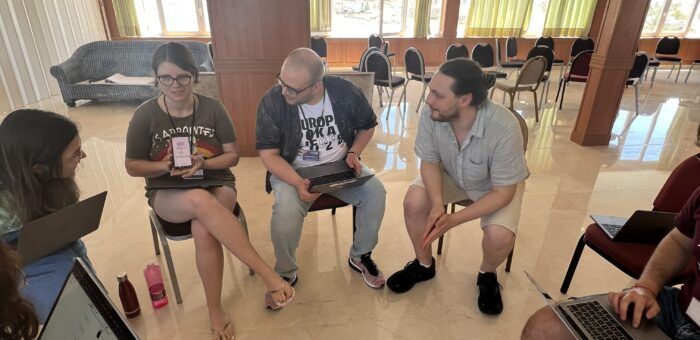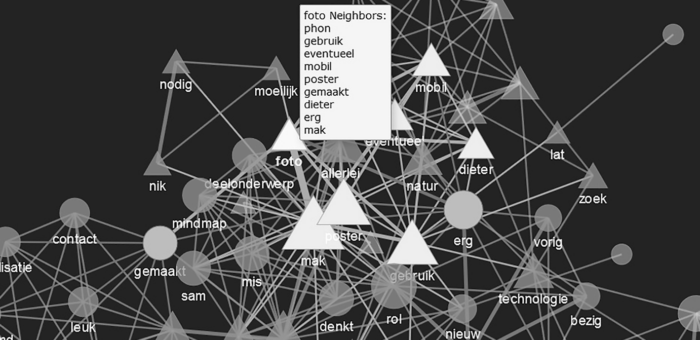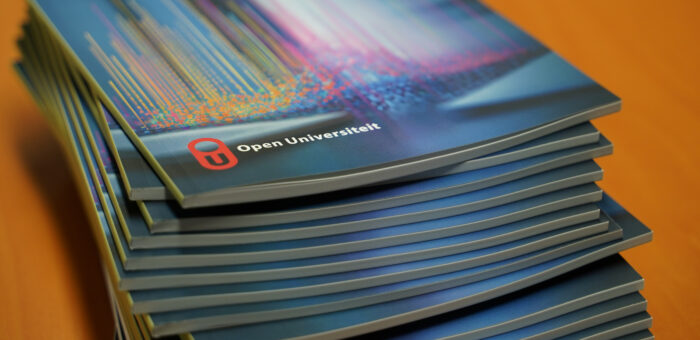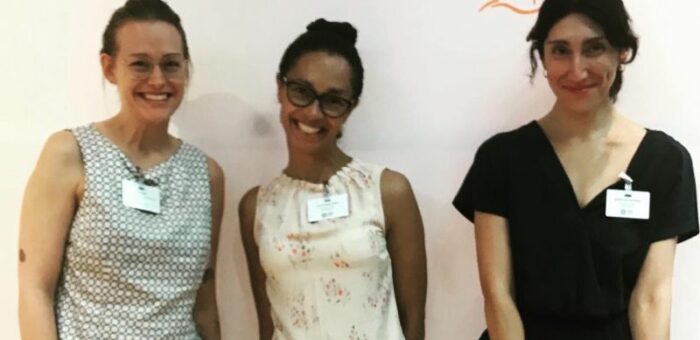
New Article – Gender diversity dynamics in a Computer Supported Collaborative Learning
Artificial Intelligence, Computer-supported collaborative learning, Digitalisation, Empirical Study, Gender, Higher Education, Journal, Learning Design, New Pub, Open access, Publication, Special Issue, Team
🎉 Exciting News! Our article has just been published in the magazine of Computer Assisted Learning! 📰 We delved into the fascinating world of online group learning among adults, unravelling the mysteries of emergent team roles and their intricate connection to gender dynamics in communication. 🌐👥 Have you ever wondered how team roles subtly surface and evolve in online group learning discussions? We did, too! Our research explores the subtle nuances of team roles and their subversive emergence, especially when viewed through the lens of gender diversity, in order to understand how to support more productive learning for all participants. Gender and gender diversity are group features affecting social interaction and are critical for gender-inclusive and equitable education. As such, the role of gender and gender diversity is of particular…

